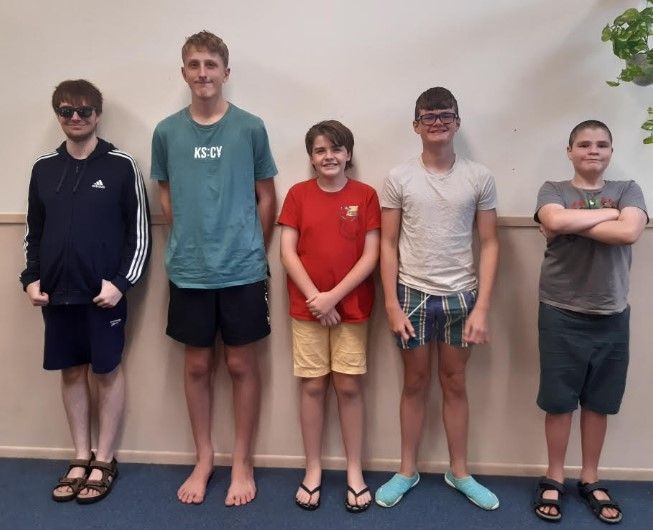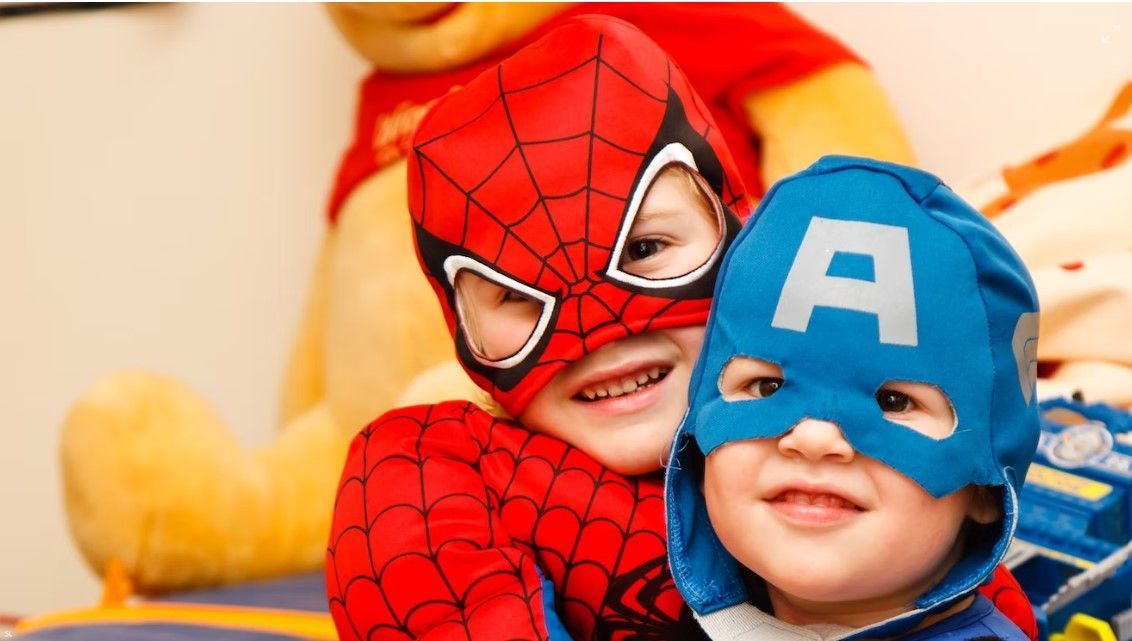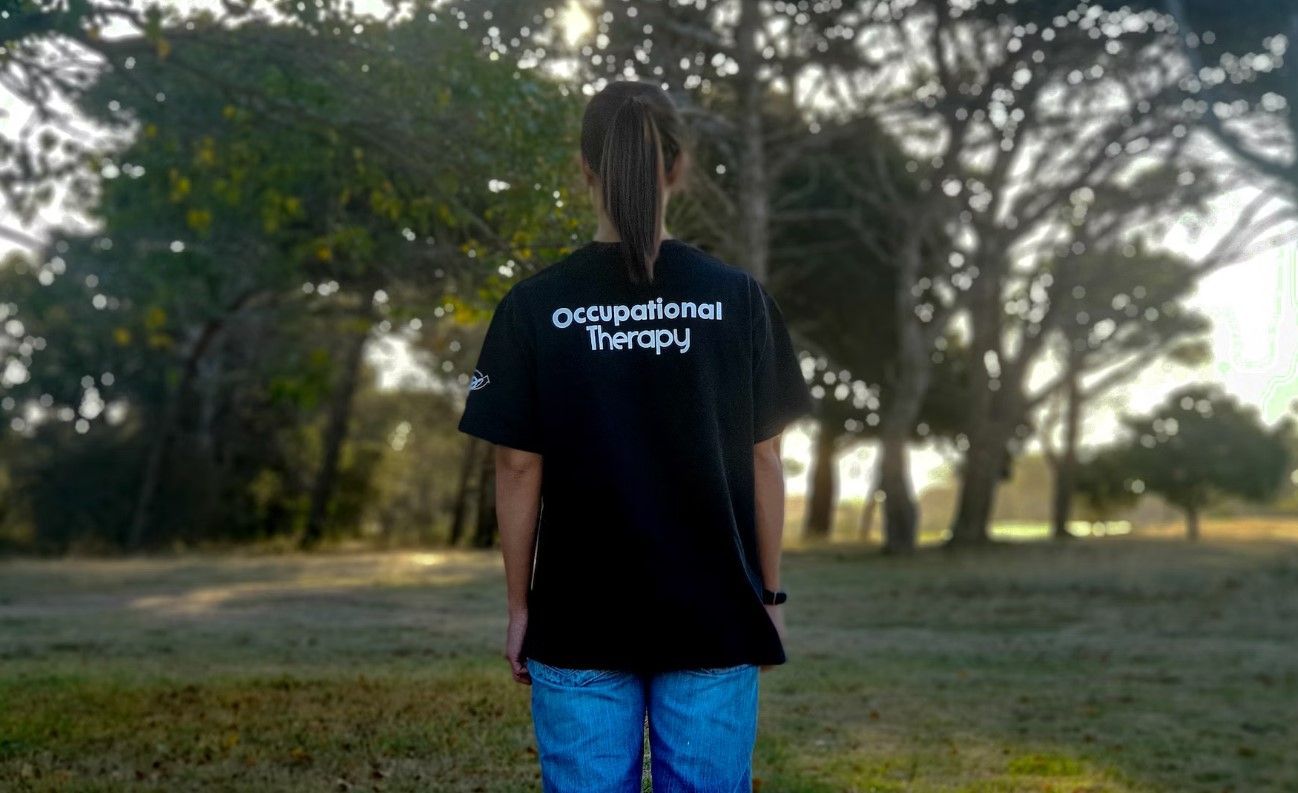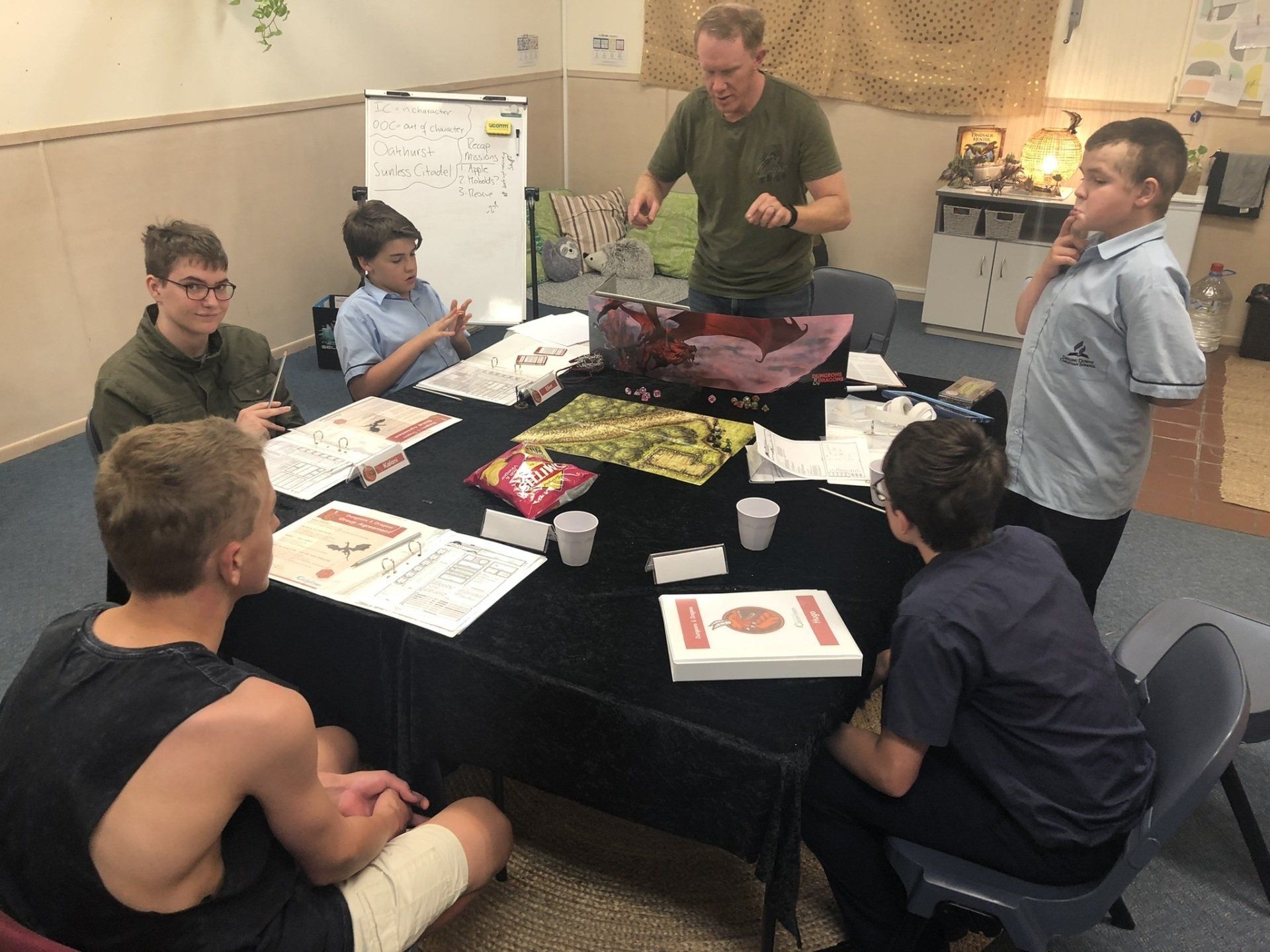
Blog Layout
Other Funding Supports
Fiona Goodall • Mar 01, 2023
Did you know?
Apart from the NDIS, there are several state and federal benefits and funding support options available to support families with autistic children. Your family may be eligible for some of the below. If you know of other government schemes, please email us and we can add them to this list to share with other families.
Previously, the
NDIS early childhood approach supported children younger than 7 and their families.
From 1 July 2023, the age of children supported under the early childhood approach will progressively change, to include children younger than 9.
https://www.ndis.gov.au/news/9175-age-children-supported-under-ndis-early-childhood-approach-changing
Better Access to Mental Health Plan Also known as Mental Health Care Plan This plan provides (per calendar year): • 10 sessions of individual therapy with a psychologist, occupational therapist, or social worker. • 10 group sessions of therapy with a psychologist, occupational therapist, or social worker. The Better Access to Mental Health Care plan is available for anybody (Autistic individuals, parents, siblings, carers etc.). It’s for anybody who feels that their wellbeing and mental health is at risk. https://www.health.gov.au/our-work/better-access-initiative
Health Care Card – A Health Care Card is a concession card that allows holders to be bulk billed or given a discounted rate at GP’s, access to more affordable medications, assistance with hearing services and other discounted services. Families that receive a carer payment or carer allowance will automatically receive a healthcare card for their child. When your child turns 16, the card will be transferred to the child. For more information - https://www.servicesaustralia.gov.au/health-care-card
The Helping Children with Autism Access to Diagnosis and Treatment Plan (sometimes called Medicare Item 135 or Item 137). This plan provides the following: • 4 appointments for private diagnosis referred by a paediatrician or psychiatrist to a psychologist, speech pathologist, occupational therapist, audiologist, optometrist, orthoptist or physiotherapist. This is called the ‘Helping Children with Autism Increased Access to Diagnosis’ • 20 sessions with a psychologist, speech therapist, occupational therapist, audiologist, optometrist, orthoptist or physiotherapist. This is called the ‘Helping Children with Autism Treatment Plan.’ • This plan was previously only available to those under 13 years old. As of March 2023, this plan is now available for those under 25 years old. https://www1.health.gov.au/internet/main/publishing.nsf/Content/autism-children
Carer Support , Respite & Other Programs (including siblings and child/teen carers) – Carer Gateway provides free and confidential information on local carer support for parents of children with autism. If you need emergency respite care, call Carer Gateway on 1800 422 737 between 8am-5pm Monday- Friday. For more information - https://www.carergateway.gov.au/
Fee-free TAFE - The Australian Government, in partnership with all the states and territories, is delivering 180,000 Fee-Free TAFE and vocational educational places at a cost of $1 billion from 1 January to 31 December 2023. Eligibility for Fee-Free TAFE includes the following priority groups include: First Nations Australians, young people (17-24), people who are out of work or receiving income support payments, unpaid carers, women facing economic insecurity, women undertaking study in non-traditional fields, people with disability, certain categories of visa holders. Information here: www.yourcareer.gov.au/fee-free-tafe
Annual Child Disability Assistance Payment – For more information – https://www.dss.gov.au/disability-and-carers/benefits-payments
Australian Disability Parking Scheme – The Australian Disability Parking Scheme (ADPS) includes an Australian Disability Parking Permit, which is recognised nationally. It also establishes nationally consistent eligibility criteria and national minimum parking concessions to help reduce the barriers for permit holders when travelling interstate. Permits allow holders to park in disabled parking spaces as well as access concessions when paring in public parking spaces. For more information - https://www.dss.gov.au/our-responsibilities/disability-and-carers/programmes-services/for-people-with-disability/australian-disability-parking-scheme
Companion Card – A Companion Card is for people with significant and permanent disabilities who need a carer with them to participate in community-based activities and go to venues. It aims to promote a person’s right to fair ticketing and to make community access and participation more affordable. The card allows a support person free entry into participating venues and events. For more information - https://www.qld.gov.au/disability/out-and-about/subsidies-concessions-passes/companion-card
Carer Payment – Income support payment for people whose caring responsibilities prevent them from undertaking substantial paid employment. The payment is means-tested. For more information – https://www.dss.gov.au/disability-and-carers/benefits-payments
Carer Allowance – For more information – https://www.dss.gov.au/disability-and-carers/benefits-payments
Annual Carer Payment – For more information – https://www.dss.gov.au/disability-and-carers/benefits-payments
Carer Business Discount Card - The Queensland Government's Carer Business Discount Card recognises and supports carers, including approved foster and kinship carers, by providing discounts on goods and services at participating businesses throughout Queensland. Information here: https://www.qld.gov.au/community/support-for-carers/carer-card/applying-carer-card
School Transport Assistance Scheme – The Queensland Government provides assistance with school transport costs for eligible students travelling to and from school under the School Transport Assistance Scheme (STAS). STAS assistance is available for all government funded bus and ferry services (including TransLink and qConnect services).
For more information - https://stas.forms.tmr.qld.gov.au/content/forms/af/TranslinkForms/STASApplication/STASApplication
Family Energy Rebate – The Family Energy Rebate helps family households with dependent children cover the costs of their energy bills. For more information - https://www.qld.gov.au/community/cost-of-living-support/concessions/energy-concessions/cost-of-living-rebate
Assisted School Transport Scheme – For more information - https://www.qld.gov.au/transport/public/school/school-transport-assistance/school-transport-assistance-schemes
The CHANGE Project (Toowoomba) – Lots of free and low cost activities to help families and young people remain active and healthy. For more information - https://www.tr.qld.gov.au/community-business/educational/healthy-living-change-project
Increase in Child Care Subsidy (as of 10th July 2023) - For more information - https://www.education.gov.au/child-care-package/child-care-subsidy
Assistance for Isolated Children Scheme – For our Distance Education families, The Isolated Children Scheme is a group of payments for parents and carers of children who can't go to a local state school. This could be because of geographical isolation, disability or special needs. For more information - https://www.servicesaustralia.gov.au/assistance-for-isolated-children-scheme
Translink Access Pass - TransLink offers an access pass for an annual fee to people who can travel independently on Translink services but who are unable to swipe a go card. More information: https://translink.com.au/tickets-and-fares/ticket-types/disability/translink-access-pass
Taxi Subsidy Scheme & Life Payment - Subsidised taxi fares are available for people who have certain disabilities. Information here: https://www.qld.gov.au/disability/out-and-about/subsidies-concessions-passes/taxi-subsidy
Vision Impairment Travel Pass - Eligible people with vision impairment can access free travel on participating services across Australia. Information here: https://translink.com.au/tickets-and-fares/ticket-types/disability/vision-impairment-travel-pass
Travel Trainer Card - Free travel is available for registered trainers of assistance dogs while conducting training. Information here: https://translink.com.au/tickets-and-fares/ticket-types/disability/travel-trainer-card
Continence Aids Payment Scheme - A yearly payment to cover some of the cost of products that help you manage incontinence for a person with a disability over the age of 5. For more information - https://www.servicesaustralia.gov.au/continence-aids-payment-scheme
Chronic Disease Management Plan – This is available to all autism families who need to access additional services for both people with autism and their parents and/or carers. The Chronic Disease Management (formerly Enhanced Primary Care or EPC) enable GPs to plan and coordinate the health care of patients with chronic medical conditions, who require multidisciplinary team. Patients on the plan are eligible for Medicare rebates for 5 visits per calendar year to allied health services on referral from their GP. For more information - https://www1.health.gov.au/internet/main/publishing.nsf/Content/mbsprimarycare-chronicdiseasemanagement

03 Apr, 2023
How far they have travelled, the inaugural Making Connections Dungeons and Dragons group. At the beginning of this adventure into the Dungeons and Dragons game, the five boys did not know each other, the game or the social conventions and nuances that combine to make role-playing games such a popular social activity for so many in the world. One year later and after four adventures with one over-arching story it is clear for me to see just what a fantastic vehicle role-playing table-top games can be for young people. Shy boys in the group now speak up, make jokes, bring snacks to share and engage comfortably - these are the very same people who started withdrawn, unsure, uneasy. Extraverts in the group have grown to now take turns, to hold back on being the first opinion out of the gate, to apologise “sorry, you go first.” They refine and sharpen their jokes, often leaving us all of us in tears of laughter each session. For another group member, the weekly social event is more than being able to access a safe social space to be himself. Over time he has come to realise that it is his maturity and levity that brings social cohesion to the group, and just how much his peers value him and his contribution. “Oh, thank goodness you've come, we were all worried we were in deep trouble if you didn’t show today. We need you to keep us together!” came a comment from one fellow last session, with affirmative nods from others. Before we started our “big finale” in the last session, one member of the group proposed an outing over the holidays to see the Dungeons and Dragons movie together. This invitation was met with easy and welcoming acceptance from every member of the group, eager to spend time together outside of the weekly session. I believe the get-together went ahead earlier this week and can't wait to hear from the crew when they return next term. The shared joy of the jokes, the “ah-ha” moments as they connect the dots to the mysteries and key story points at hand and the way they have come together as a group has been nothing short of an honour for me, their DM (Dungeon Master) to witness. by Dan Bailey Group Facilitator & Dungeon Master 𝗡𝗼𝘁𝗲: For those interested, here is a link to a recent report highlighting findings from a collaborative study on the potential benefits of tabletop role-playing games as tools for supporting youth social-emotional skill development. https://www.foundry10.org/research/how-youth-can-build-social-and-emotional-skills-with-tabletop-role-playing-games

By Fiona Goodall
•
21 Mar, 2023
First of all, it’s important to recognise that there are different forms of play , such as exploratory play, cause-and-effect play, toy play, constructive play, physical play and pretend play. Here we’re discussing pretend play , which is different from structured play. Pretend play is typically child-led and tends to have few rules or expectations . Pretend play can be interchangeable between dramatic play, fantasy play or make believe. Children often mimic or act out their favourite characters and scenarios, real or imagined (e.g. a teacher/classroom or Marvel Hero/epic battle). Needless to say, pretend play can prove difficult for children who have trouble with social interactions and who like predictability and rules. For children with autism, their play might look a little different, but that does not mean it’s less. For example, they may mimic what they have seen play out in their day in a literal sense, they might organise their toys because they like the visual structure or to feel a sense of control and stability, or they might be limited to play that involves their special interest. For children with autism, their method of pretend play may be their way of processing social interactions or a coping mechanism where they escape to a safe and enjoyable world after a long day of confusing social interactions. It can also be a way to connect with other children who share similar interests and similar ways of communicating and playing. Autistic play is still very much valid and it is most likely serving a vital service in your child’s life. However, this does not mean that children on the autism spectrum can’t and shouldn’t learn other forms of play. We know that children with autism socialise less for a range of reasons, which means they have fewer opportunities to engage in play with their peers, and consequently, less opportunities to practise social interaction skills. It is undeniable that play is essential to the social, emotional and psychological development of all children, yet is something that often eludes children on the autism spectrum. This is why supported group-based play opportunities for children on the autism spectrum are so important, including pretend play. Pretend play is known to develop social interaction skills where children experiment with social boundaries and social communication , develop emotional skills where they are often caring for another person or character, Theory of Mind skills where the they are putting themselves in the shoes of others or getting feedback about the impact of their actions on others, and of course language skills as they describe and narrate what is happening. One interesting study where autistic adults taught play skills to autistic children also found that pretend play increased social motivation and engagement and improved peer-to-peer rapport, also known as friendship . When young people are supported to engage in pretend play with their peers, improvements in social interaction skills are well documented. This is because children can practise and develop language and social skills in authentic contexts simply by being, playing and talking with other children. However, it’s important to remember that these social interaction skills may not come easily to neurodivergent children, so pretend play also provides opportunities for a supportive adult to provide in-situ social coaching. If you would like some ideas to support your child’s pretend play please click these links: https://www.hanen.org/Helpful-Info/Articles/Encouraging-Pretend-Play-in-Children-with-Autism.aspx https://raisingchildren.net.au/autism/school-play-work/play-learning/play-asd#pretend-play-nav-title https://www.speciallearninghouse.com/pretend-play-ideas-autism/ References Kaufman, B. (2013). The need for pretend play in child development. https://blogs.scientificamerican.com/beautiful-minds/the-need-for-pretend-play-in-child-development/ Raising Children Network. (2023). Play and autistic children. https://raisingchildren.net.au/autism/school-play-work/play-learning/play-asd Shireman et al. (2019). Teaching social play skills to adults and children with autism as an approach to building rapport. https://pubmed.ncbi.nlm.nih.gov/26990643/ Sussman. F. (2013). The relationship between pretend play and theory of mind in typical children and children with asd. https://www.hanen.org/siteassets/helpful-info/articles/pretend-play.aspx

By Fiona Goodall
•
09 Aug, 2022
Lucy Clark, journalist and author speaks about the challenges of navigating her teens towards post-school options (4-minutes). https://www.youtube.com/watch?v=sWv4L6GBGGU A word of caution: Lucy is not an educator. Therefore, an understanding of the complexity of complying with curriculum requirements and the plethora of other supports our wonderful schools put in place for the education and wellbeing of their students is not reflected in this interview. Her interview is entitled 'Tackling the School System' implying a 'we-them' mentality, underestimating the many exceptional school-parent partnerships. I believe the interview should be entitled 'Don't lose sight of your child within the system'. Regardless, Lucy makes some good points, particularly about keeping sight of who your child is outside of the ‘what do you want to be...?' conversations. She also touches on how the worth of our children is in danger of being reflected by testing and assessment results, not the whole person (both at schools and by outside agencies). This interview is a timely reminder that there is a whole lot more to every one of us, especially our children. So let's stop thinking about the end of school as the pinnacle point in life where our kids need to know 'what they want to do' or 'who they want to be'. Let’s encourage our kids to be curious. Let us allow them to grow and be who they are meant to be. Let’s celebrate the gift of time and opportunity, both of which go on for a lifetime. Let's celebrate the diversity of our kids and life itself, and how exciting it is to not 'know what you want to be'. Lucy’s key takeaways: #1 School is a lot harder these days #2 Support your teen to follow their own path #3 It’s OK to say things aren’t going well





